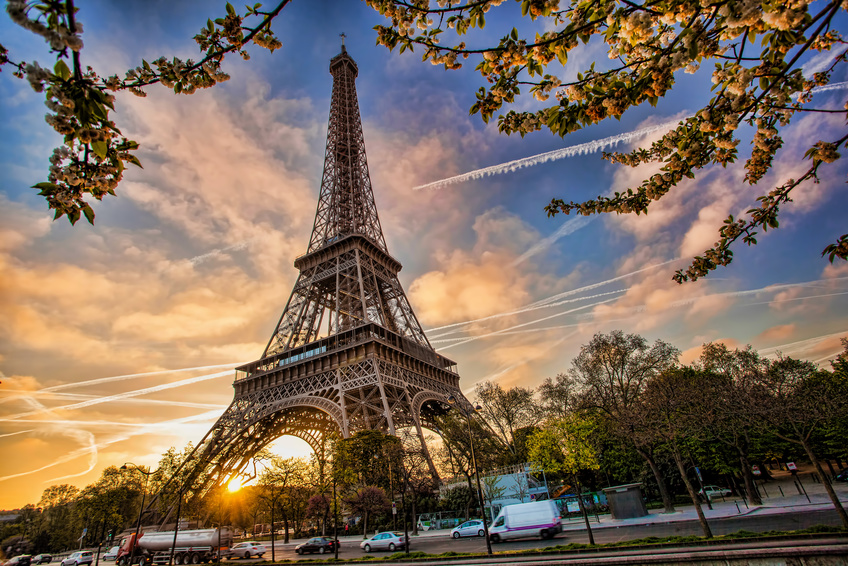
The rising costs of gas and diesel prices have resulted in increasingly violent protests in France. The dubbed, “Yellow Vest” protests came to a head on December first after protesters looted stores and lit cars on fire.
The tax hike on gas and diesel products was a part of an economic reform under French President Emmanuel Macron. The taxes would raise the cost of fuel by more than 30 cents per gallon in an attempt to encourage France to use less fossil fuels.
This didn’t sit well with the increasingly dissatisfied French public. The growing animosity toward President Macron was apparent on November 17, when the protests began.
French drivers initially wore high-visibility vests and jackets, otherwise known as Yellow Vests, as they blocked highways and gas stations in protest. It’s estimated that over 11 million vehicles worldwide run on natural gas alone. But these demonstrations quickly turned violent over the course of a week, coming to a head on the first of December.
These violent protests resulted in 133 injuries among protesters and police officers alike. An estimated 412 people were arrested after France’s Interior Ministry deployed more than 37,000 police officers, around 30,000 gendarmes, and over 30,000 firefighters to quell the riots.
Police used tear gas and water cannons in order to stem the rising tide of protesters.
But similar protests have begun outside of France. New reports claim that “copycat” riots started in Belgium during the first weekend of December. Famke Krumbmuller, the head of political risk at OpenCitiz weighed in on the situation in an interview with CNBC.
I guess what’s specific to this movement is that it is relatively apolitical, so they (the protesters) are not from just one party on the left or right. They’re white, middle-class people that are squeezed by the welfare state. They pay a lot of taxes but they don’t get a lot of benefits in return, she said.
And I guess if there are other people in other European [countries] that face these same challenges then obviously it could become a bigger movement. Ultimately, it’s not a violent movement but the government now is really under pressure to act.”
Just before the protests began, an October survey showed that around 71% of the 1,000 respondents had no confidence in Macron as a president.
This is primarily a result of Macron’s image, as well as his inability to lower the current unemployment rate in France. CNBC reports that many feel the French president is aloof, well-off, and a strong representation of the privileged French elite. If the masses do not believe their president works to represent everyone, this can become an even larger problem. In the U.S., it’s estimated that 47% of vehicle fleets reported an increase in the number of riders with special needs. For those in France who rely on similar modes of transport, the prices may be out of reach as taxes increase.
According to Charles Lichfield, an analyst for Eurasia Group, Macron will need to lower the current unemployment rate far below the 10% average in order to regain favor from the populace.



